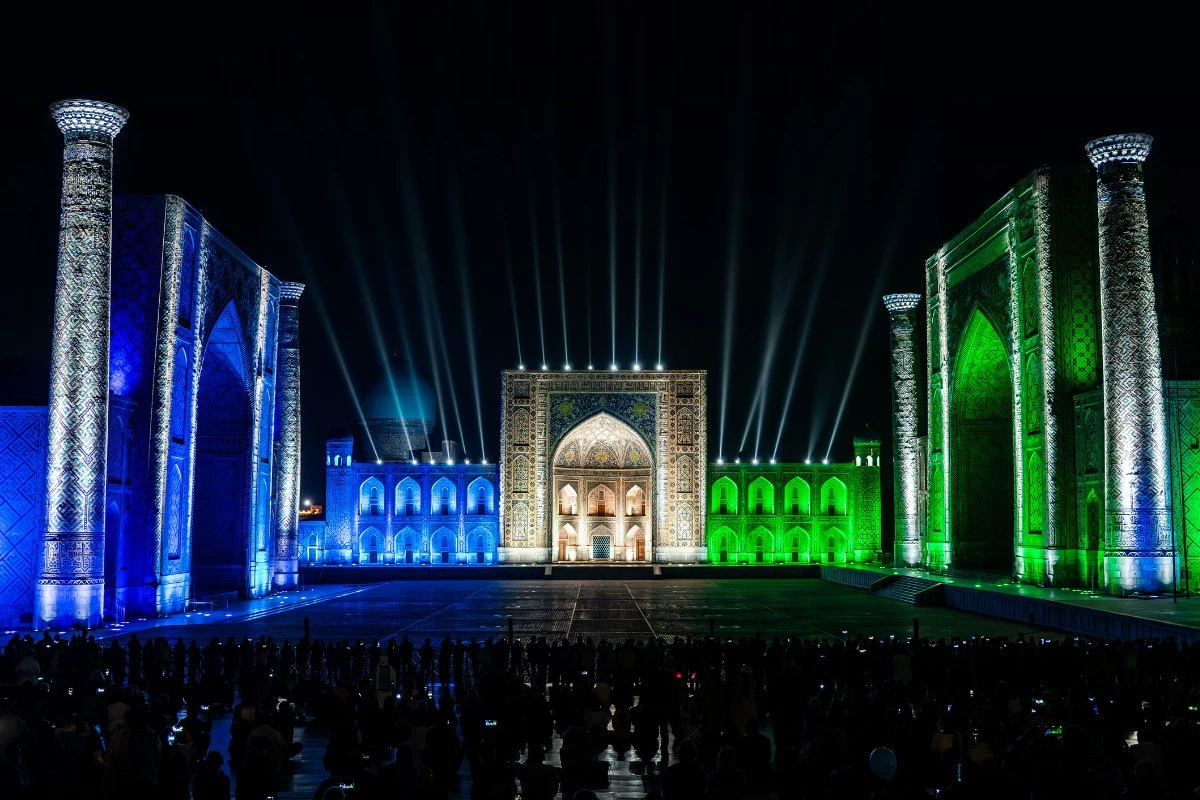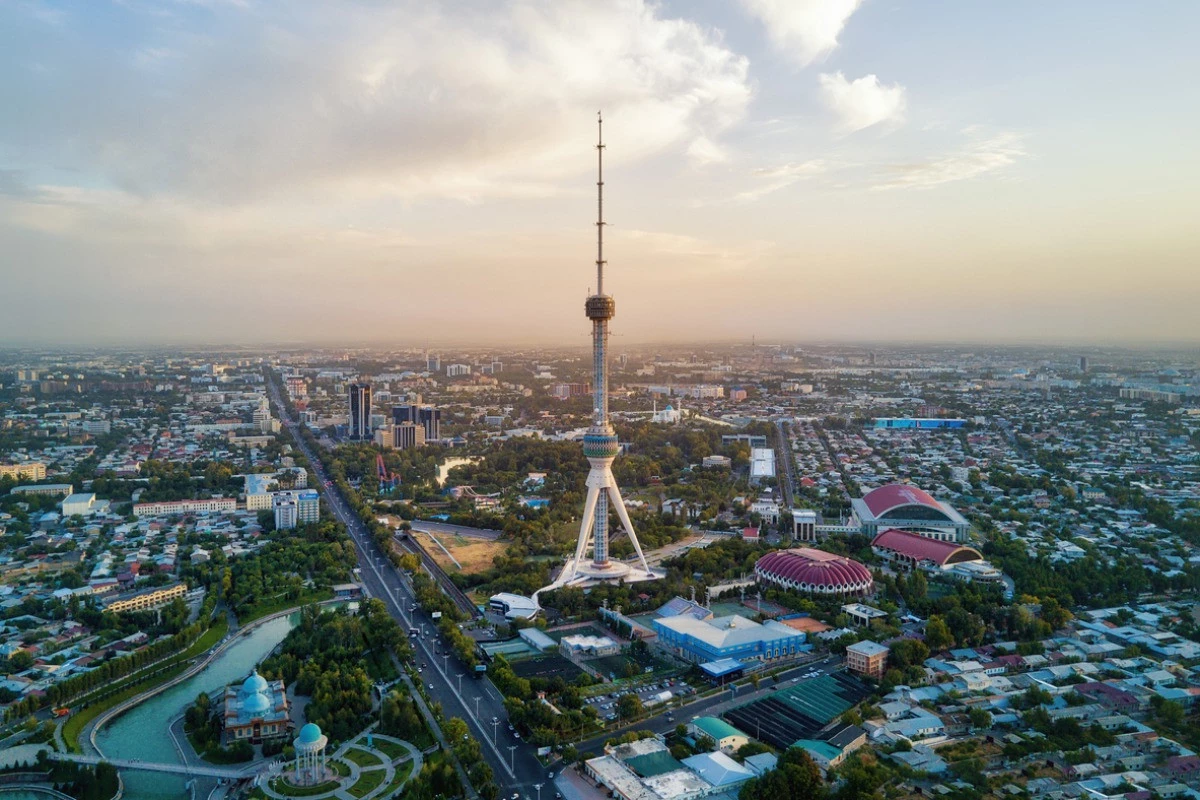Recent developments in Uzbekistan demonstrate the country's commitment to strengthening democratic processes and governance. In late October, Uzbekistan held parliamentary elections, reflecting significant efforts to enhance democratic engagement. Constitutional reforms aim to bolster the rule of law and safeguard fundamental human rights, including freedom of expression and assembly. Moreover, new regulations focused on improving education, healthcare, and environmental sustainability highlight the government's forward-thinking approach toward societal and economic development. Strengthening the parliament and local governments' powers also signals a move towards decentralisation, allowing for more democratic governance.
As Uzbekistan works to modernise its political and economic systems, its growing ties with countries like Hungary underscore its increasing role on the global stage. Relations between Hungary and Uzbekistan have flourished in recent years, with economic cooperation taking centre stage. A prime example is the presence of OTP Bank in Uzbekistan, after acquiring the Ipoteka Bank. This move reflects the deepening economic integration between the two nations, facilitated by regular high-level political dialogues. The two countries have elevated their cooperation to a strategic partnership in 2021, opening up new opportunities for Hungarian companies in the Uzbek market.
Energy cooperation is another important facet of this growing relationship. Uzbekistan, rich in natural resources, is exploring new energy initiatives, including its potential involvement in the Green Energy Corridor project, crucial for Hungary's energy security. With no major political disputes between Hungary and Uzbekistan, both governments are committed to fostering a mutually beneficial economic relationship.
Uzbekistan, a nation at the crossroads of Eurasia, is emerging as a key geopolitical and economic actor. Its rich history, strategic location, and growing democratic and economic ties with both regional and global powers ensure that it will continue to be an important factor in the geopolitics of the 21st century. Uzbekistan's role in connecting East and West, coupled with its rich natural resources and ongoing political reforms, positions it as a vital partner in global trade, energy, and security.


